
How to Cook Corn on the Cob in the Oven
It's in that way that corn is symbolic in the context of Kwanzaa, when families use a single ear of corn (vibunzi) to represent each child. (Multiple ears are referred to as mihindi.) In child-free homes, celebrants still add two ears of corn to the Kwanzaa display as a reminder that everyone in the community isn't just responsible for their.

FilePeruvian corn.jpg Wikipedia
With this set, the only thing you'll be without is the corn. $96 from the Kwanzaa Shop 2. A beautiful serving platter. With food being such an important part of Kwanzaa, if you'll be having.

Sweet Potato Pie with CashewGinger Creme (top left)/ Southern
Photo: Galina Atroshchenko / Getty Images. Kwanzaa is a seven-day, non-religious celebration of family, culture, and community. Each day honors a particular African-derived principle and the final day culminates in a feast (called Karamu) on New Year's Day. If you've never celebrated Kwanzaa before, there's no time like the present to start.
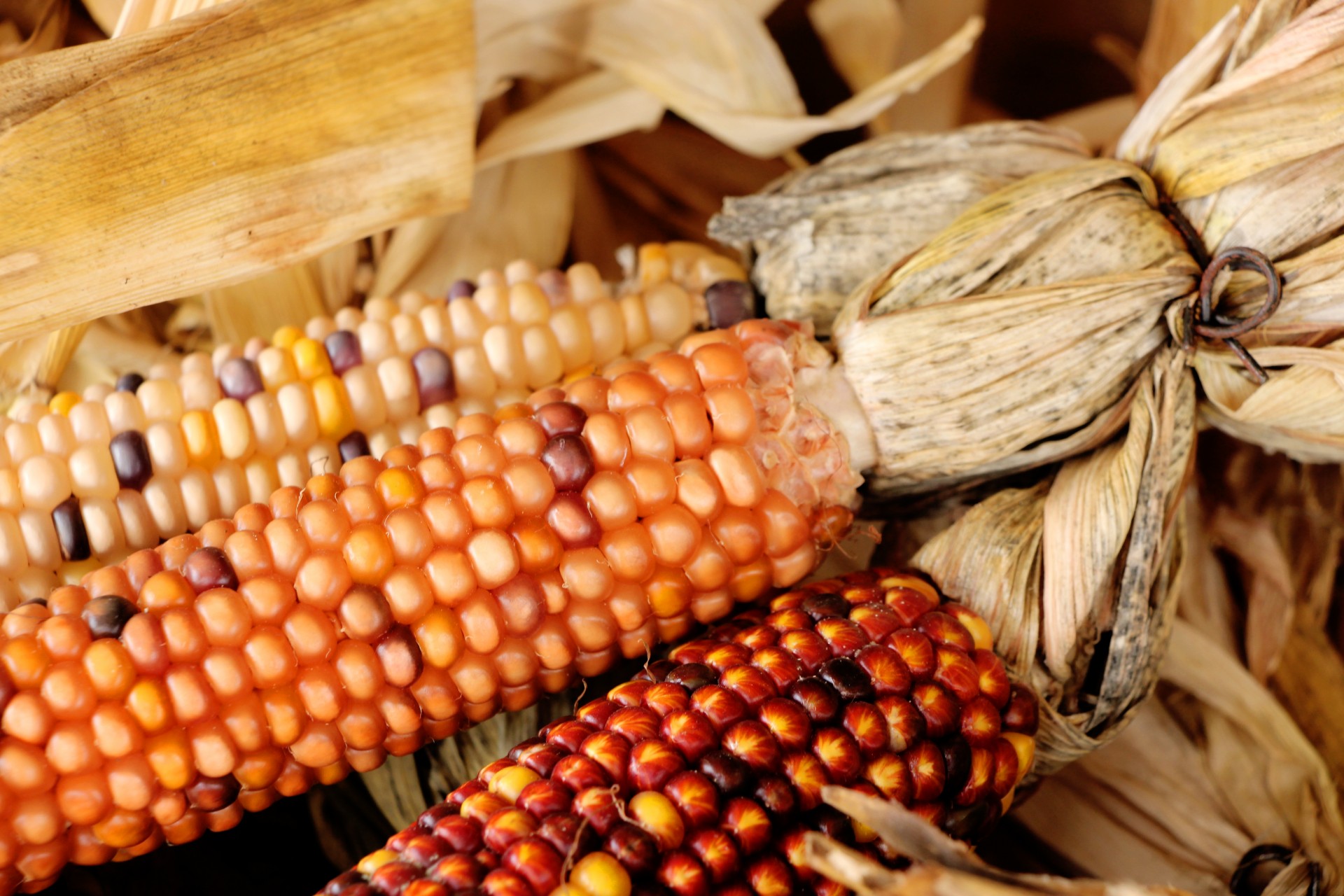
Indian Corn 1 Free Stock Photo Public Domain Pictures
Black-Eyed Pea Salad. Black-eyed peas symbolize good luck in a variety of cultures around the world. Both their black color, which in the Bendera represents racial pride, and their popularity as a soul food ingredient make black-eyed peas a go-to side dish for Kwanzaa. Black-eyed peas are the protein-packed building blocks for this salad (which.

manholdingplateofcorn Kwanzaa Pictures Kwanzaa
One ear of corn is set out for each child in the family. In a family without children, one ear is set out symbolically to represent the children of the community. Kikombe cha Umoja (Kee-com-bay chah-oo-moe-jah) - The Unity Cup symbolizes the first principle of Kwanzaa -- the unity of family and of the African people. The cup is used to pour the.

Kwanzaa cup with ears of corn Stock Photo Alamy
Kwanzaa, annual holiday affirming African family and social values that is celebrated primarily in the United States from December 26 to January 1. Both the name and the celebration were devised in 1966 by Maulana Karenga, a professor of Africana studies at California State University in Long Beach and an important figure in Afrocentrism.Karenga borrowed the word kwanza, meaning "first.

Whole Sweet Kernel Corn
Kwanzaa isn't a religious affair, but one steeped in family and tradition. It's rooted in Nguzo Saba: seven pillars curated by Karenga, which include Kujichagulia (self-determination), Ujima.
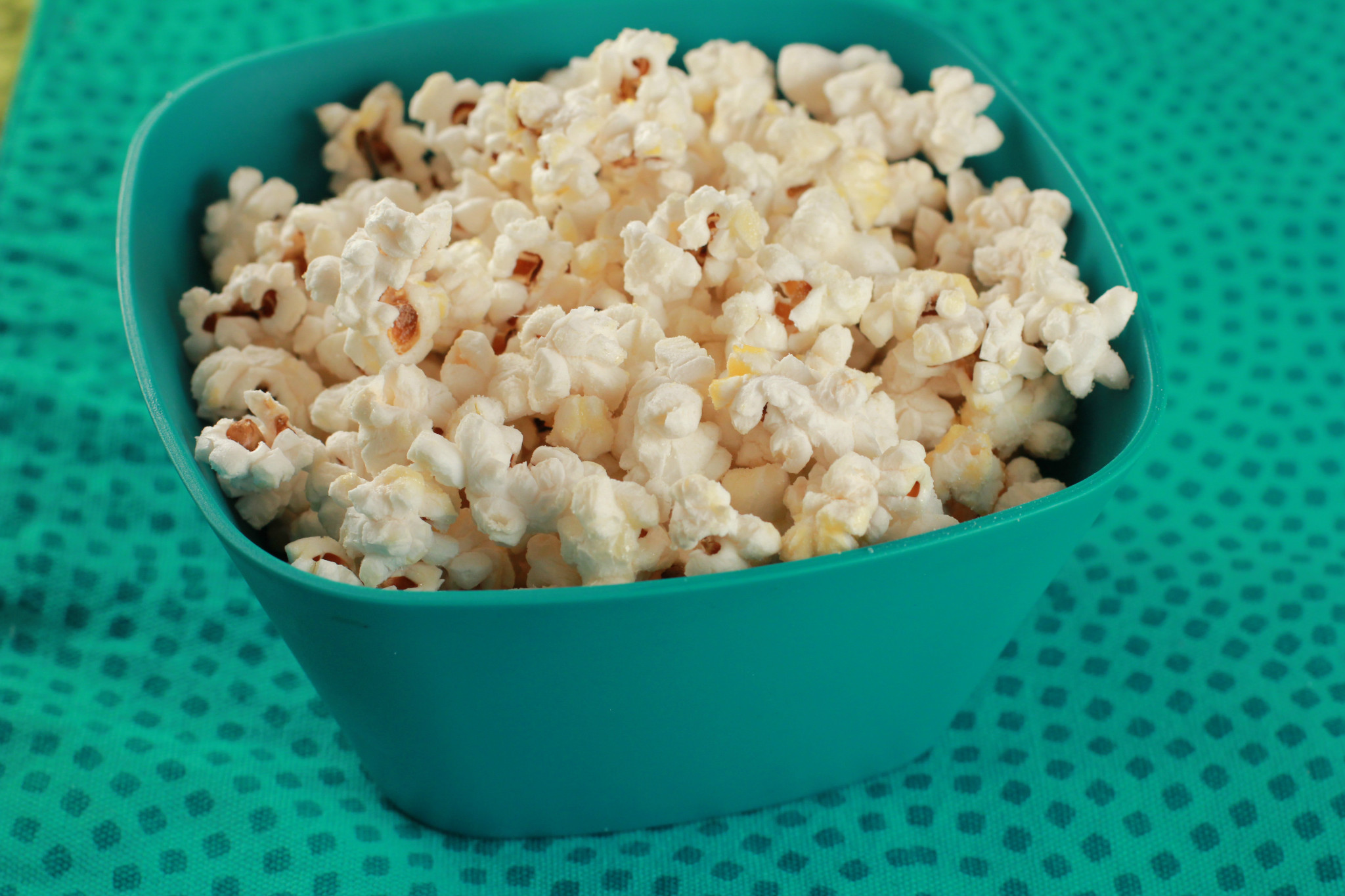
Homemade Kettle Corn Recipe Frugal Snack Idea
A big part of Kwanzaa, like other holidays around the same time, is the food. Here are some of the food traditions that are unique to Kwanzaa. 1. The largest meal is eaten on the sixth night.
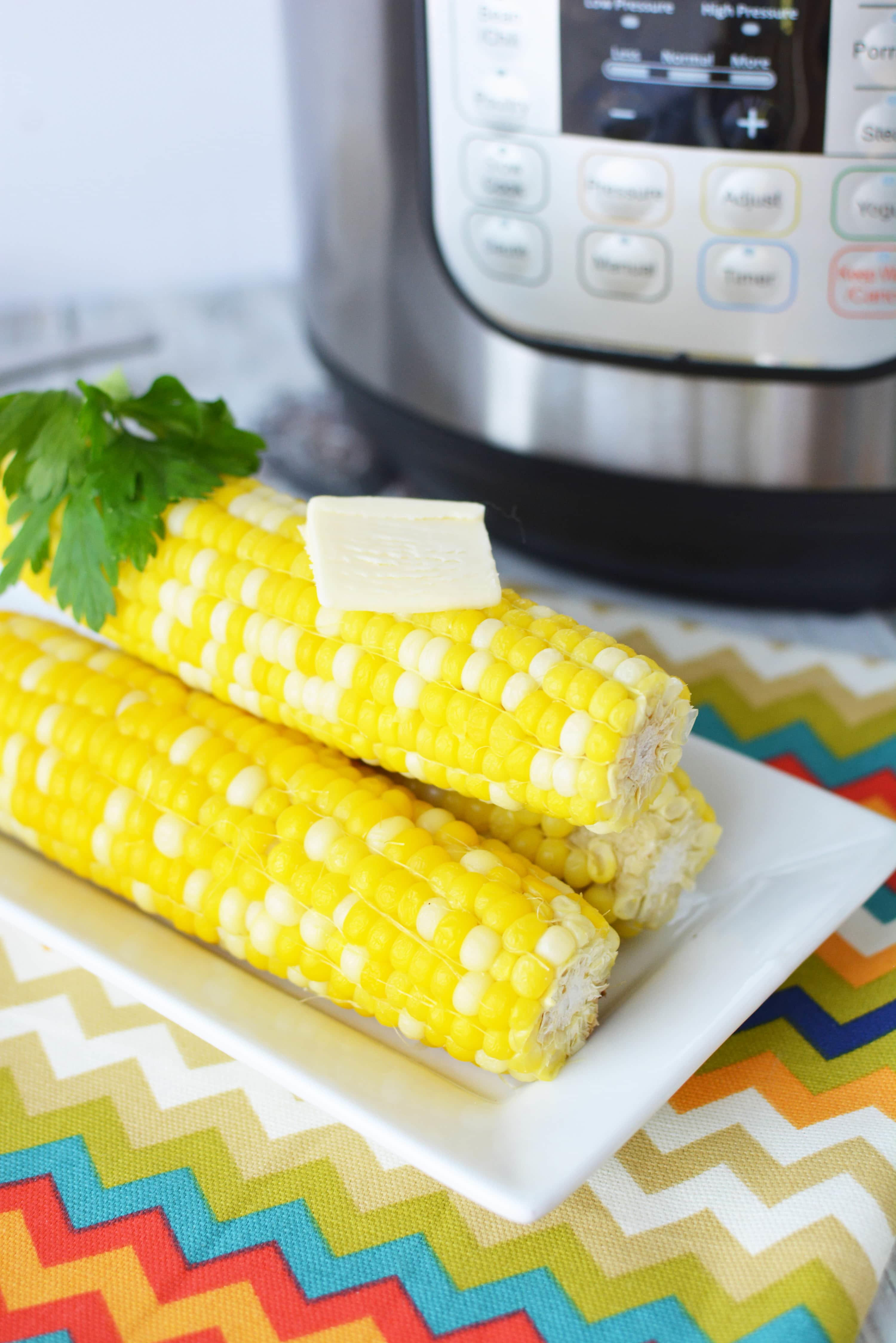
Corn on the Cob Recipe
2. Light one more candle each day, from left to right (red to green). For the second through seventh days of Kwanzaa, light the candles from left to right, with the red ones being lit first. Each day, replace all the used candles and light all the previous candles before lighting that night's candle.
:max_bytes(150000):strip_icc():focal(704x369:706x371)/Corn-Kid-Green-Giant-00-112222-e09d23707474412cb82674fd1086ec45.jpg)
Corn Kid Donates 50,000 Cans of Corn for Thanksgiving
Kwanzaa is celebrated from December 26 to January 1. Here are the most common Kwanzaa traditions to observe this celebration of African roots.. (Muhindi) is a tribute to fertility, with an ear of corn for each child in the household. Lastly, gifts (Zawadi) adorn the table. These are reserved for children and are usually handmade or contain.
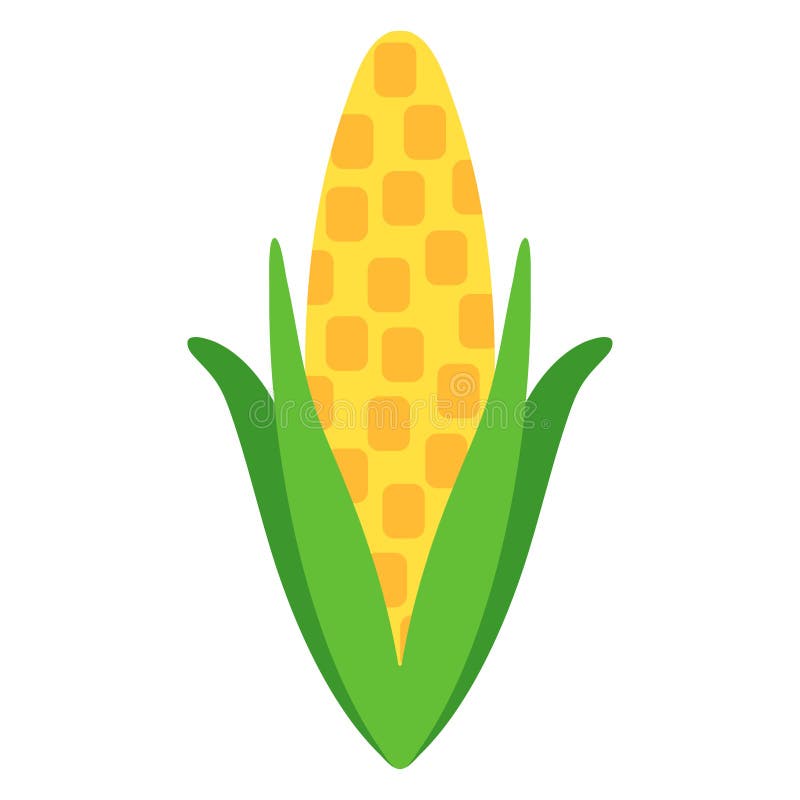
Ear of Corn for Kwanzaa stock vector. Illustration of healthy 132954956
Corn and cornbread are synonymous with Kwanzaa, and skillet cornbread marries the Southern American traditions with the diaspora in delicious ways. Cornbread as a side dish is a blank canvas for spices and seasonings that make it sweet or savory. Consider adding chiles, African spice blends like berbere, or flavorings like molasses or honey.

U.S. Soil Announces a New Planters II Foundation Minerals Dealer in
The name for the holiday of Kwanzaa is derived from the Swahili phrase "matunda ya kwanza" which means "first fruits." Kwanzaa is a celebration of community, family and culture that begins on December 26th and lasts for seven days. Munhundi means corn. The corn represents the children of a family (one ear of corn for each child).

Mexican Street Corn With Two Spoons
Apart from being two prime food crops of the African diaspora and thus important Kwanzaa staples, collard greens and black-eyed peas are symbolic of prosperity and good luck, respectively. Hailing.

A Quick and Easy Kwanzaa Craft Colorado Parent
There are also seven symbols of Kwanzaa: Mazao: The crops symbolize the harvest. Mkeka: The mat represents history, tradition and the foundation on which the community builds. Kinara: The candle holder symbolizes the roots of the community. Muhindi: The corn represents the future of children in the community.

Florida Produce Sweet Corn Fresh from Florida
The remaining two symbols are foods — Mazao (fruits of an abundant harvest) and Muhindi (ears of corn symbolizing the potential of the children). Mazao can be represented by any variety of vegetables, fruits, and nuts. All of these items come together to show the trials of the past and hope for the future for all those celebrating.
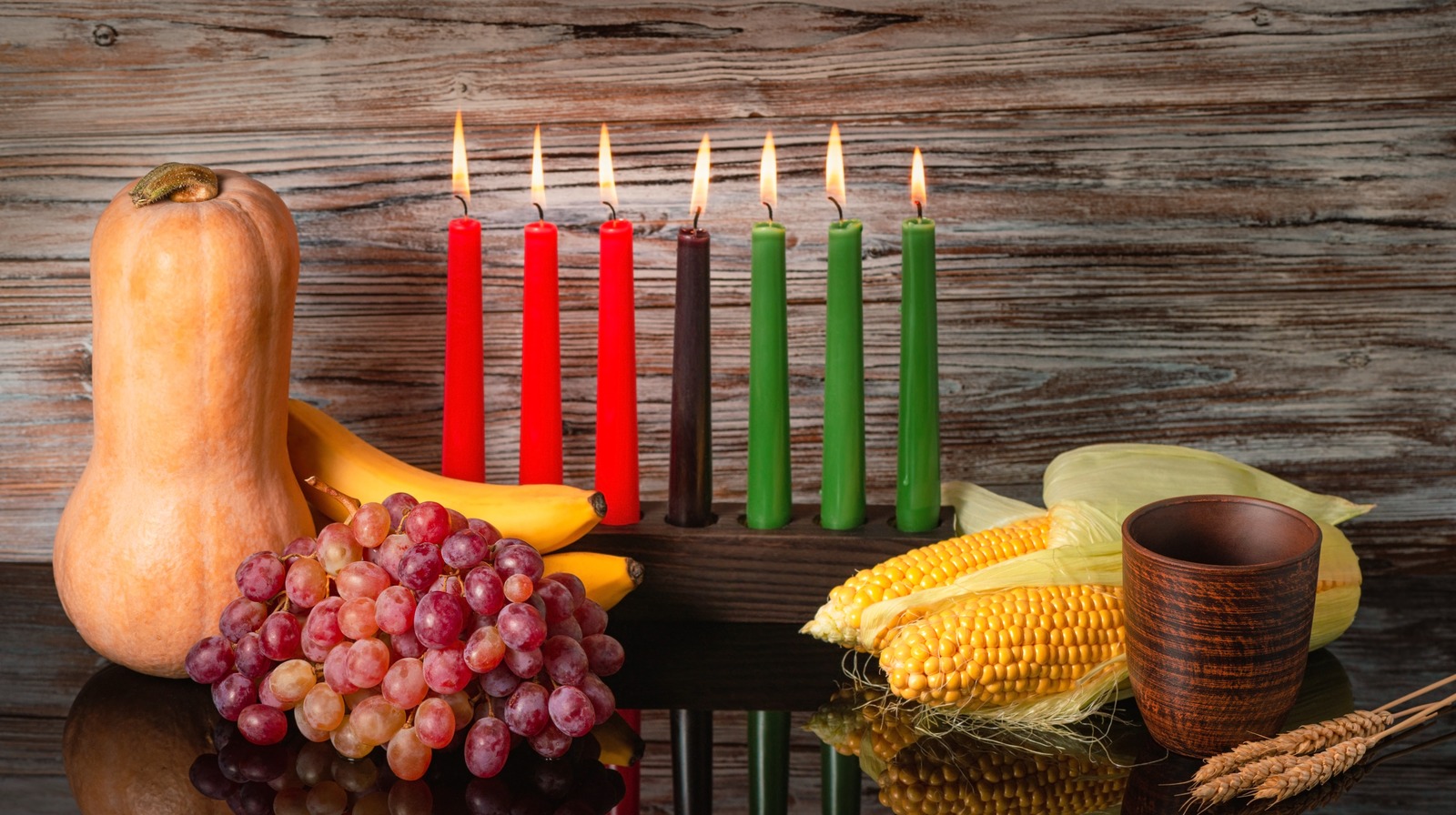
12 Kwanzaa Food Traditions You Should Know About
Rice & Peas. Fluffy and moist, this rice and bean (not actual peas!) dish has a savory creaminess that comes from the use of aromatics like garlic and onion, in addition to coconut milk. It's a.